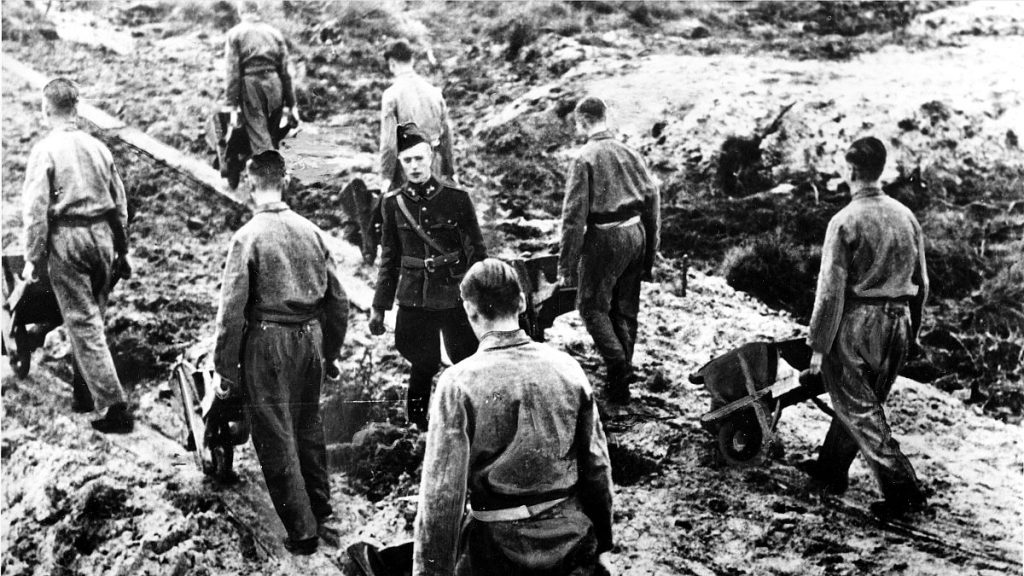The Netherlands has published a database containing the names of almost 425,000 Dutch individuals who were suspected of collaborating with the Nazis during the country’s World War II occupation. The ‘War in Court’ project, supported by the Ministries of Justice, Education, and Health, lists individuals who were investigated for working with the German occupying forces. More than 150,000 of these individuals faced some form of punishment, with their records previously only accessible to researchers at the Dutch National Archives in The Hague. The Huygens Institute played a key role in digitizing the archive to make it more widely available to the public, stating that the archive contains important stories for present and future generations.
The archive includes files of convicted criminals, as well as around 20,000 Dutch citizens who collaborated by enlisting in the German armed forces. It also lists alleged members of the National Socialist Movement (NSB), the largest Nazi-aligned political party in the Netherlands. Additionally, the database contains the names of individuals who were found to be innocent after investigation. However, the online database only provides the names of suspects without specifying whether they were found guilty or detailing the nature of their collaboration with the Germans. Individuals seeking access to archive files must follow formal request procedures, as the General Data Protection Regulation (GDPR) does not apply to deceased individuals, who make up the majority of names in the archive.
The German occupation of the Netherlands during World War II resulted in the deaths of over 100,000 Dutch Jews in the Holocaust. The publication of the database is expected to lead to discussions about collaboration, a topic that remains a sensitive issue in Dutch society. National Archives director Tom De Smet noted that collaboration is still a traumatic subject that is not openly discussed, with the hope that opening the archives will help break the taboo surrounding this topic. A 2023 survey by Claims Conference revealed that nearly 25% of Dutch Generation Z view the Holocaust as a myth, while 53% of all Dutch citizens do not recognize their country as a Holocaust site. On the other hand, 77% of Dutch people agree on the importance of Holocaust remembrance education.
The release of the database by the Netherlands is a significant step towards shedding light on the complex and painful history of collaboration during World War II. By making the names of suspected collaborators accessible to a wider audience, the Dutch government hopes to foster discussions about this dark period in the country’s past. The digitization of the archive by the Huygens Institute and the support of various ministries demonstrate a commitment to ensuring that important historical records are preserved and available for future generations to learn from. Ultimately, the goal of the project is to encourage open dialogue, education, and remembrance about the atrocities committed during the war to prevent such events from happening again in the future.
As the archive includes sensitive data such as religious affiliation and political convictions of individuals, there are concerns about privacy and the handling of personal information. While GDPR regulations do not apply to deceased individuals, the Dutch Data Protection Authority highlighted the need to protect the personal data of individuals listed in the archive, including those who are still alive. The archive serves as a reminder of the atrocities committed during the war and the role that collaboration played in the occupation of the Netherlands. By confronting this difficult history and acknowledging the past, the Netherlands aims to ensure that future generations understand the importance of remembrance and learning from the mistakes of the past to build a more inclusive and tolerant society.













